LETTER FROM THE CHAIRMAN
Miyaxwa -
When the American Indian Science and Engineering Society (AISES) was founded 39 years ago by American Indian scientists: Manhattan Project scientist and Mohawk, Arnold Anderson, Al Qöyawayma (Hopi), Carol Gardipe (Penobscot), George Thomas (Cherokee), Jerry Elliott (Cherokee/Osage), Alex Labadie (Osage) and Jim Shorty (Navajo), their intent, passion and commitment was clear…substantially increase representation of indigenous peoples of North America in science, technology, engineering and math (STEM) studies and careers. Over 25,000 individuals have been benefited as members of AISES. Today, AISES is now over 4,000 strong, with 189 college chapters, 15 professional chapters and 158 affiliated schools that enroll more than 55,000 K-12 Native students.
On behalf of the AISES Board of Directors, I am honored to thank you for your commitment of time, energy and resources toward fulfilling not only the vision of our founders, but that same commitment of encouragement, support, and mentorship we each share with Native Americans on their STEM journey.
As you read the AISES annual report, I hope you are as excited as I am about not only accomplishments this past year, but also about the future of AISES. In just 24 short months, Sarah Echohawk and the AISES staff, with support and guidance from the AISES Board and Council of Elders has increased membership by over 30%, established a solid financial footing, and helped AISES regain its rightful leadership role when it comes to supporting Native Americans in STEM.
We are also forever grateful of the individuals, organizations, tribes, universities, companies and government entities that demonstrate their commitment everyday by donating their time, and providing vital resources that enable the programs AISES offers and employment opportunities that so many of our students are able to pursue.
As Mulu’wetam (first people) we have a core belief that we are on a journey in this world that enables us to help and guide others as we have been guided by our Mukat and those before us.
While the vision remains strong, and the commitments solid, we have much work to do and we invite you to be engaged even more. One of our key objectives over this next year is to strengthen the services and support we provide to our professional members. Whether you pursue an AISES board position, volunteer as a member of an AISES board committee, or as part of the important advisory committees, get engaged. With the new effort to focus on professionals, as a Sequoyah Fellow, as a mentor, or with financial support, please know that your engagement is so appreciated.
Traditional Knowledge – New Ideas – A Better World – AISES
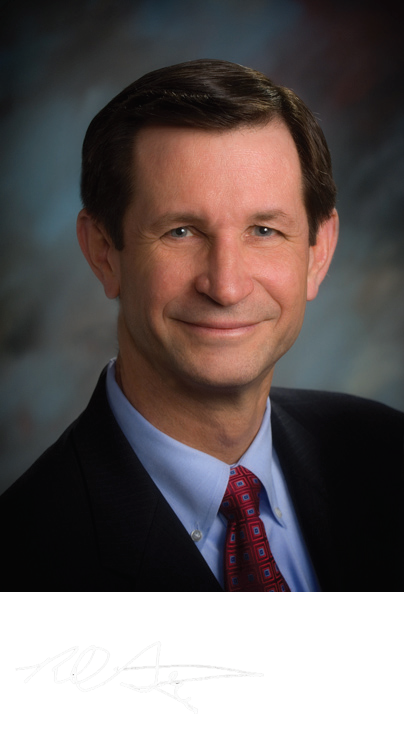
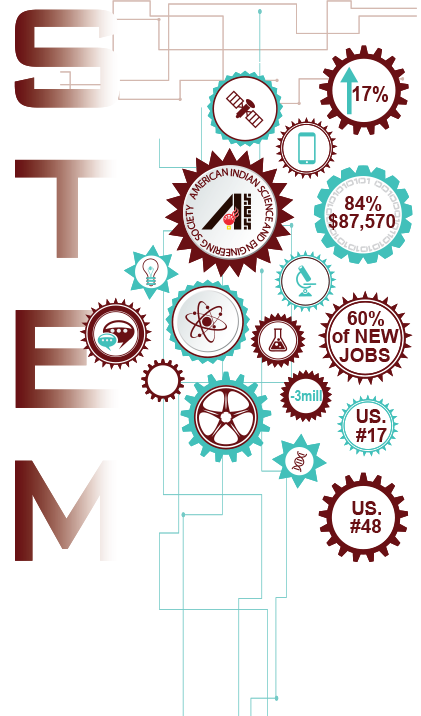
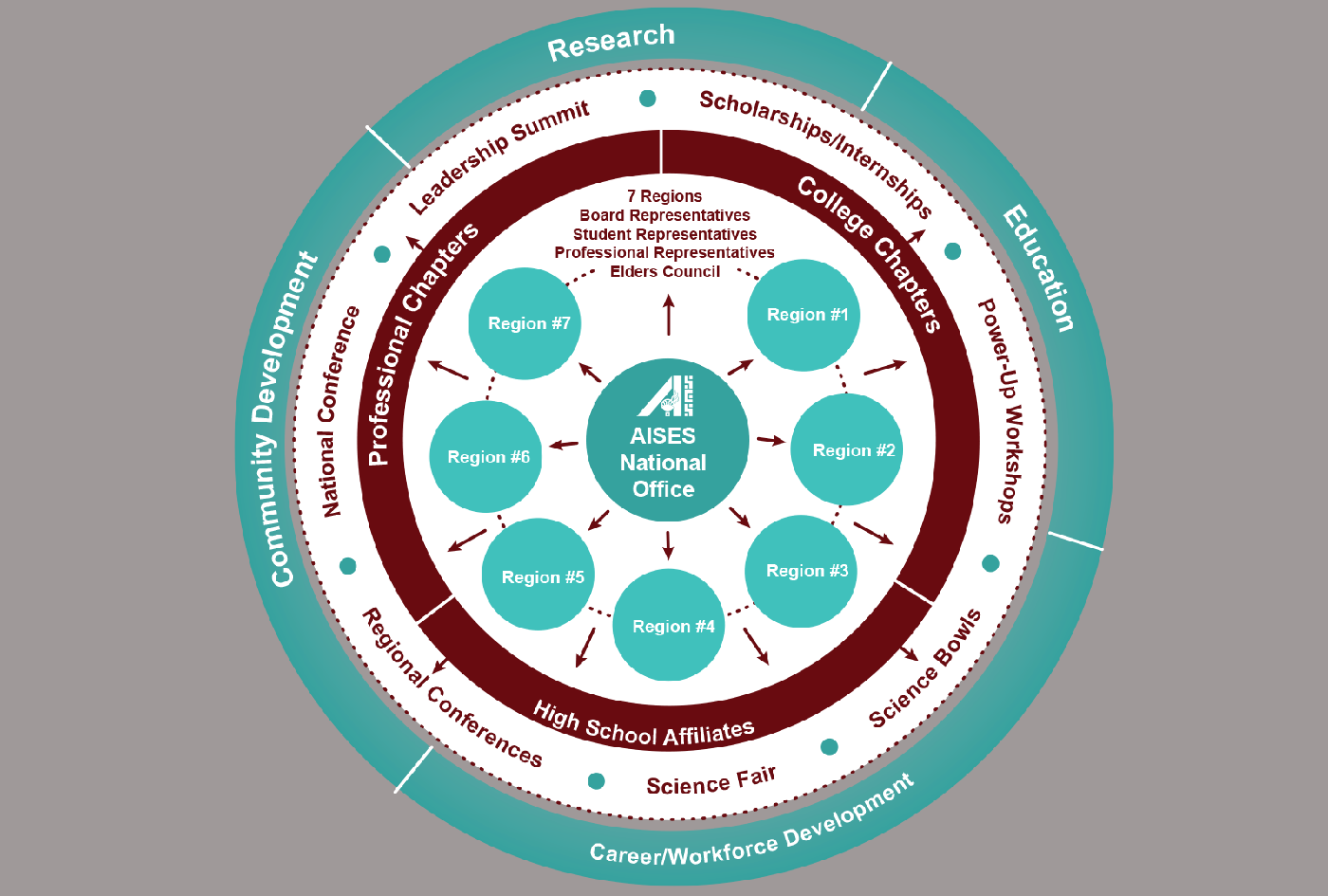
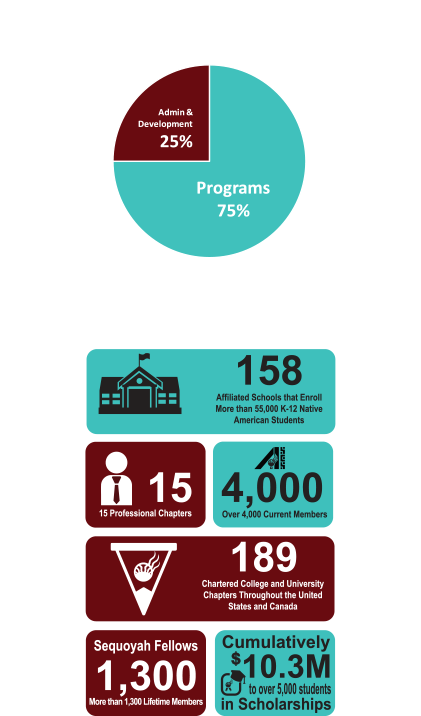
SHARE THIS PAGE!